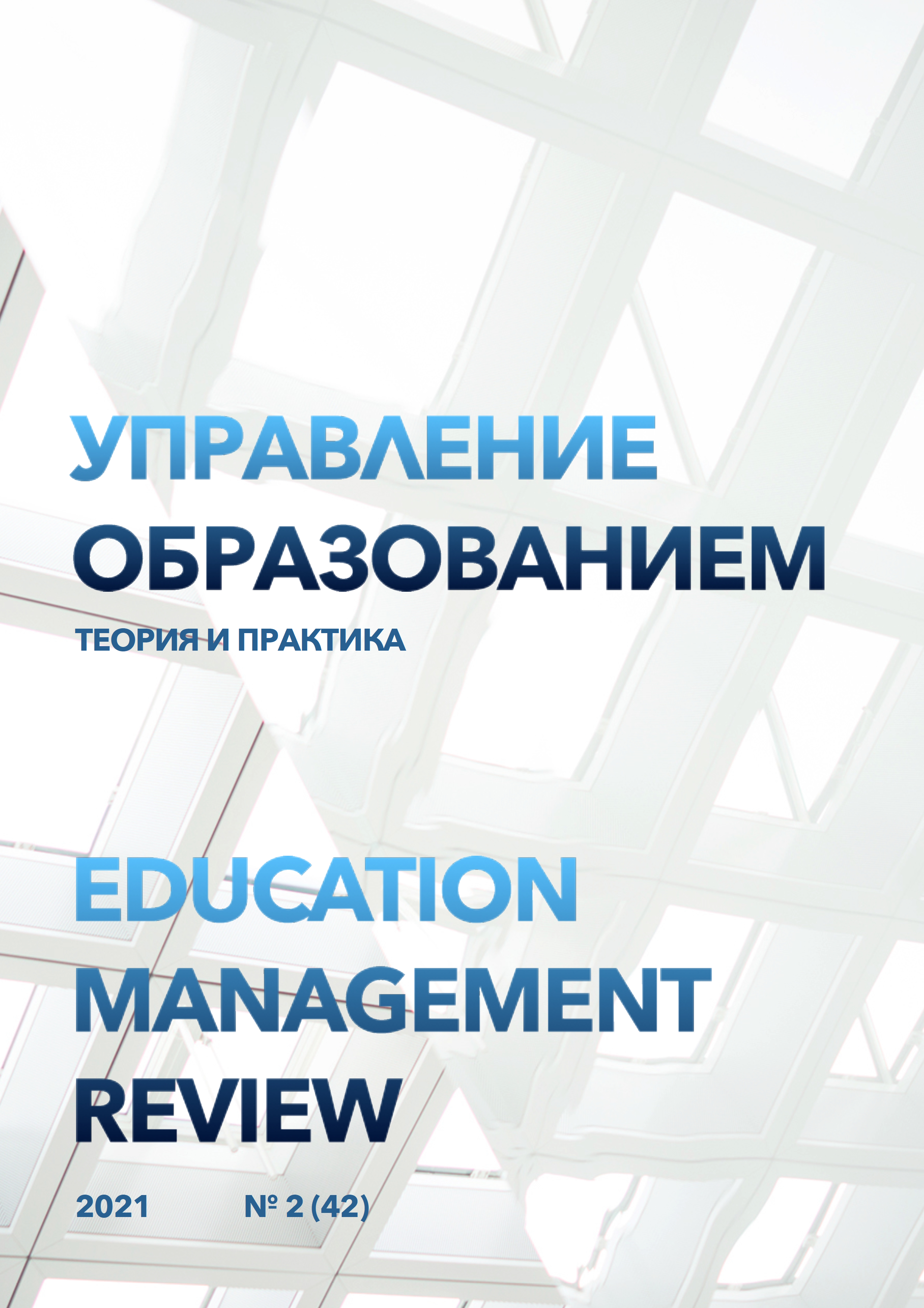The use of technological approaches in the activities of an educational organization
DOI:
https://doi.org/10.25726/w4989-2429-3853-cKeywords:
pedagogical technology, technological process, norm, pedagogy, education, educational organization, criteria of professional activity.Abstract
Economic activity is one of the fundamental concepts of economics, which is considered as the main state of existence of humanity, implementing the purposeful will of the subjects. As a result of its implementation, the necessary changes take place in the interests of the individual and society. Economic activity, as well as its core component - a process (a set of successive actions to achieve certain goals, as a result of which transformations occur) - has an end (creation of goods), means (factors of production) and a result (economic benefits in the form of goods and services useful to society). Educational activity is one of the types of economic activity. Conducting research on the most important processes and phenomena in the industry makes it possible to develop measures for its modernization in modern conditions. The issue of the technological approach in pedagogy has attracted and is attracting the attention of many scientists. However, certain aspects of both the theoretical plan (the essence of the technological approach and pedagogical technologies) and the practical one (the place of the technological approach in the process of modernization of primary general education, the combination of traditional and innovative technologies in the educational process of a modern educational organization) remain debatable. The priority directions of the state policy for the development of modern education are the need to improve the quality of education, modernize its content, and update the forms of organization of the educational process. The implementation of these tasks is possible on the basis of the introduction of educational innovations, a technological approach: the orientation of the educational space to a competence-based approach, the search for effective learning technologies, a variety of curricula and textbooks.
References
Гедулянов М.Т. Изучение влияния факторов окружающей среды на здоровье человека и качество жизни // Ученые записки Орловского государственного университета. Серия: Гуманитарные и социальные науки. 2017. № 3(76). С. 194-199.
Гедулянова Н.С., Гедулянов М.Т. Планирование мероприятий («Дорожная карта») по реализации проекта «Развитие предпринимательских компетенций студентов» на площадках Орловского государственного университета имени И.С. Тургенева // Ученые записки Орловского государственного университета. Серия: Гуманитарные и социальные науки. 2018. № 1(78). С. 212-223.
Загвязинский В. И. Теория обучения: Современная интерпретация. М.: Академия, 2007. 192 с.
Коджаспирова Г. М., Коджаспиров А. Ю. Педагогический словарь. 2003. С. 216.
Лаптев В. В., Леонов Г. А., Немешев М. Х., Флегонтов А. В. О подготовке IT-специалистов мирового уровня в свете реализации государственной программы РФ «Развитие образования» // Педагогика. 2018. № 8. С. 3-19.
Луков В.А. Социализация теории Ф. Гиддингса // Социализация молодежи. Электронная энциклопедия / Под ред. В.А. Лукова. М., 2015. С. 43-51.
Маркова С.М., Наркозиев А.К. Дидактические основы исследования содержания профессионального образования. Вестник Мининского университета. 2017. № 3 (20). С. 7.
Масягин С.В. О педагогическом обеспечении довузовской подготовки будущих студентов цифровой экономики // Мир науки, культуры, образования. 2018. № 5 (72). С. 280-282.
Масягин С.В. Сравнение Agile, Quasi-Agile и традиционных методологий // Международная конференция по разработке программного обеспечения для оборонных целей. 2018.
Новиков А. М., Новиков Д. А. Методология. М.: СИНТЕГ, 2007.
Образцов П.И. Сущность и содержание понятия «технология обучения»: современная интерпретация // Известия Тульского государственного университета. Педагогика. 2016. № 3. С. 76-82.
Печерская Э.П. Компетентностно-ориентированный подход как основа трансформации образовательной модели // Интеграция образования. 2002. № 4. С. 118-126.
Ревин И.А., Цыбулевская Д.Л. Развитие предпринимательских компетенций у студентов технического вуза // Современные проблемы науки и образования. 2015. № 2-1. С. 51-58.
Серякова С.Б. Технологический подход в проектировании образовательных программ. Преподаватель XXI век. 2016. № 2. С. 24 - 31.
Титова Г. Ю. О технологии организации самостоятельной работы студентов // Вестник Томского государственного педагогического университета. 2010. № 1(91). С. 123-126.




